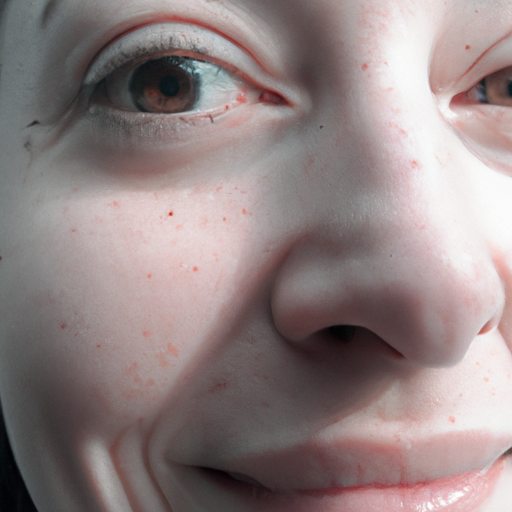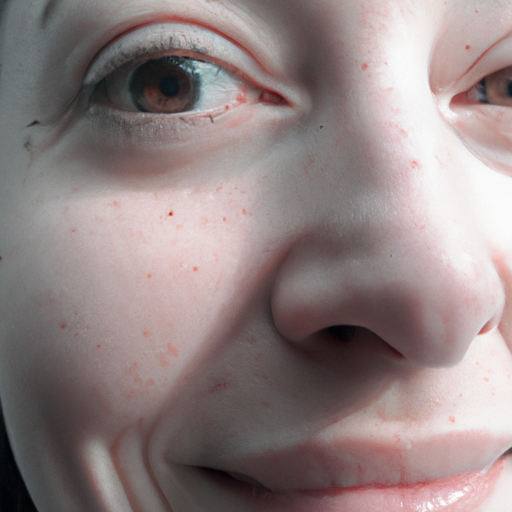As a dermatologist, I have seen firsthand the impact of various factors on the health and appearance of our skin. One of the most common concerns among my patients is the inevitable process of aging. While we cannot stop the clock, we can certainly influence how our skin ages. Among the myriad of anti-aging strategies, one stands out for its simplicity and effectiveness: moisturizing.
Moisturizing is not a new concept. For centuries, people have been using oils, creams, and lotions to hydrate their skin. However, the science behind its impact on aging skin is more recent and truly fascinating.
Our skin is our body’s largest organ and its first line of defense against environmental aggressors. It’s continuously exposed to factors that can damage it, such as sun exposure, pollution, and harsh weather conditions. These factors can lead to a loss of moisture, causing our skin to become dry, dull, and more prone to the formation of fine lines and wrinkles – all signs of premature aging.
Moisturizers work by creating a barrier on the skin’s surface that locks in water. This not only hydrates the skin but also helps protect it from external damage. When our skin is well-hydrated, it appears plumper, smoother, and more radiant – essentially, more youthful.
But the benefits of moisturizing go beyond mere aesthetics. Hydrated skin is healthier skin. It’s more resilient, heals faster, and is better equipped to fight off potential irritants. Regular moisturizing can help maintain the integrity of the skin’s natural protective barrier, keeping harmful bacteria out and essential moisture in.
Moreover, many moisturizers today are formulated with active ingredients like retinol, peptides, and antioxidants that can further enhance their anti-aging effects. Retinol, for instance, is a form of vitamin A that can stimulate collagen production, reducing the appearance of wrinkles and improving skin tone and texture. Peptides are small proteins that can also boost collagen production and help repair skin damage. Antioxidants, on the other hand, can neutralize harmful free radicals that can accelerate the aging process.
It’s important to note, however, that not all moisturizers are created equal. The best moisturizer for you depends on your skin type, age, and specific skin concerns. For example, if you have dry skin, you may benefit from a heavier, oil-based moisturizer. If you have oily skin, a light, water-based moisturizer may be more suitable.
In conclusion, the impact of moisturizing on aging skin is undeniable. It’s a simple yet powerful tool in our anti-aging arsenal. By keeping our skin hydrated, we can help slow down the aging process and maintain a youthful appearance for longer.
As a dermatologist, I cannot stress enough the importance of incorporating a good moisturizer into your daily skincare routine. It’s never too early or too late to start. Remember, the key to effective skincare is consistency. So make moisturizing a habit, and your skin will thank you in the years to come.
In the quest for youthful skin, moisturizing is not the only answer, but it’s certainly a significant part of the solution. So let’s unveil the youthful secret and embrace the power of moisturizing for healthier, younger-looking skin.




